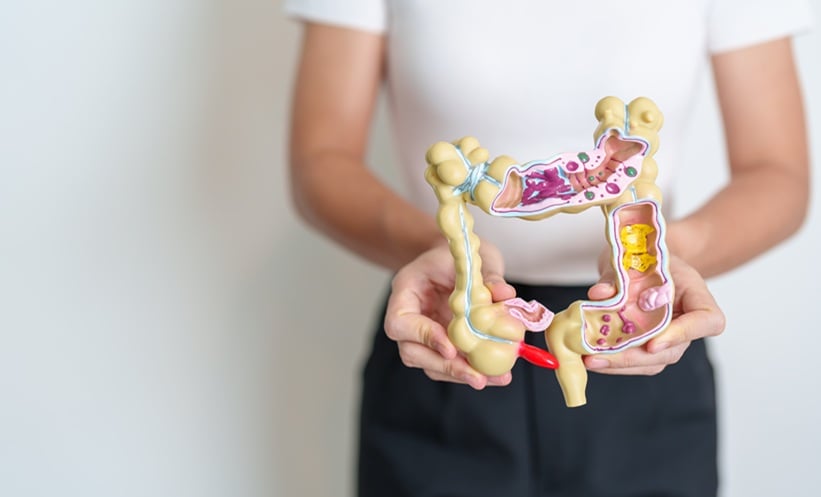PATIENTS with inflammatory bowel disease (IBD) and immune-mediated rheumatic diseases face an elevated risk of Clostridioides difficile infection (CDI), particularly those with ulcerative colitis and individuals treated with multiple biologic therapies.
The research, which analysed 1,866 patients, 1,041 with IBD and 825 with rheumatological diseases, aimed to determine whether biologic therapies increase CDI risk and identify other contributing factors. Findings revealed that IBD diagnosis was the strongest risk factor, with patients being 18 times more likely to develop CDI compared to those with immune-mediated rheumatic diseases (OR: 18.29, p < 0.001). Within the IBD subgroup, individuals with ulcerative colitis had twice the risk of developing CDI compared to those with Crohn’s disease (OR: 2.00, p = 0.011).
Although biologic therapies did not independently increase CDI risk, patients exposed to three or more biologic agents had a significantly higher risk (OR: 3.09, p = 0.028), suggesting that cumulative exposure could be a contributing factor.
This study underscores the importance of careful monitoring in IBD patients undergoing multiple biologic treatments, particularly those with ulcerative colitis. Further research is needed to optimise infection prevention strategies in this high-risk population.
Aleksandra Zurowska, EMJ
Reference
Martínez-Lozano H et al. Risk factors for Clostridioides difficile infection among patients diagnosed with inflammatory intestinal and rheumatological diseases in the biologic era. BMC Gastroenterol. 2025;DOI: 10.1186/s12876-025-03650-3.








